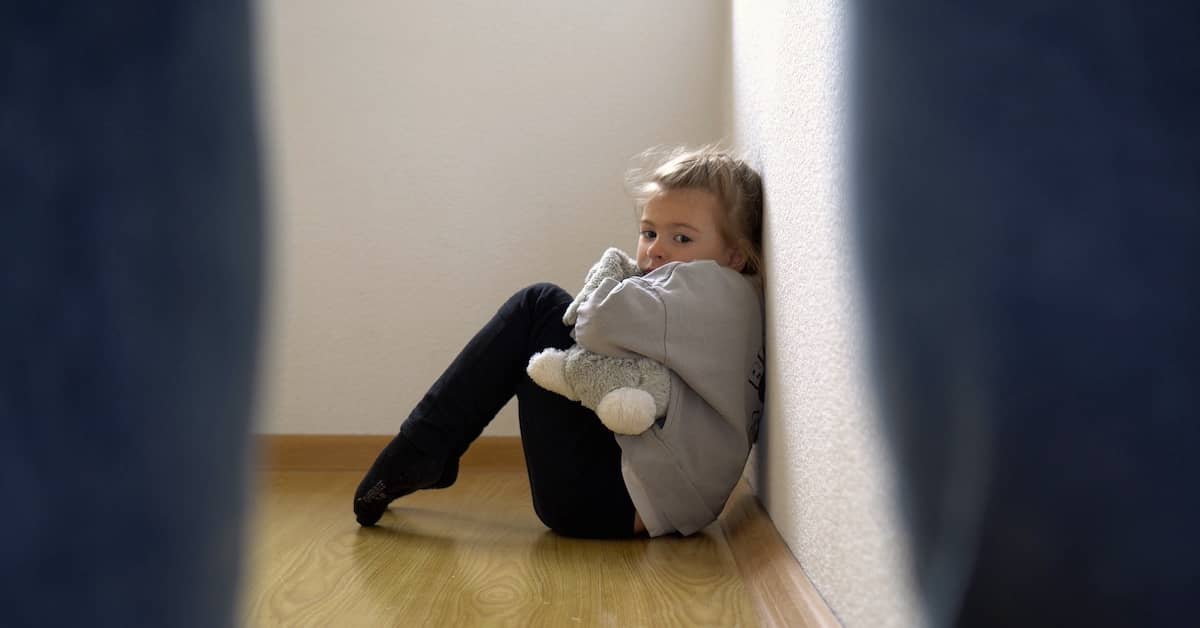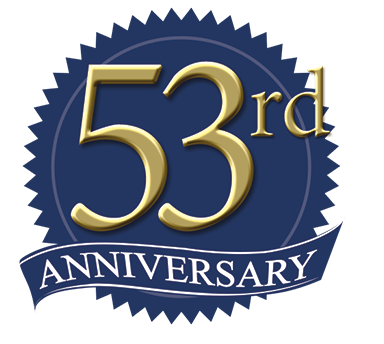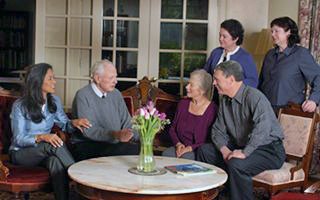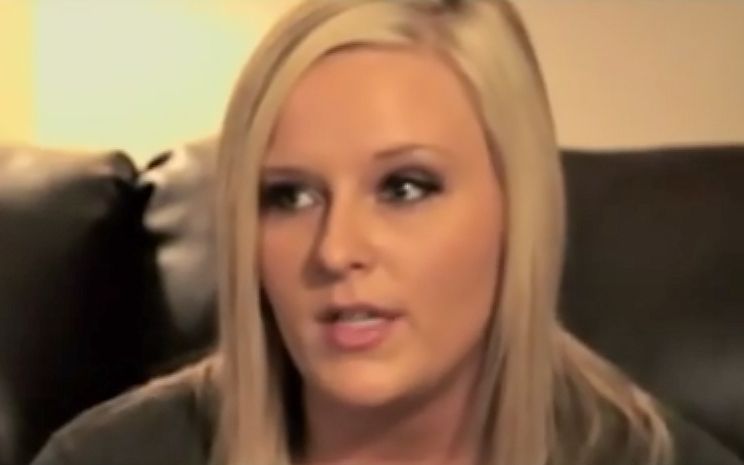
Were you abused in a group or foster home? You may have several years to take civil action. The statute of limitations for group home abuse in Washington is generous, but not endless. It is always a good idea to contact an experienced Washington group home abuse lawyer as soon as possible to discuss your options and your rights.
When a minor is placed in a group home, it’s with the expectation that they will be provided with the care, support, and sense of community that they may not have experienced elsewhere. These facilities are designed to provide a structured environment for children and adolescents who are unable to live with their families, often due to family conflict or the need for specialized care. However, while many group homes offer a safe haven, the unfortunate reality is that they can also become settings where abuse—including sexual abuse—occurs.
The dynamics of group homes, combined with the vulnerability of their residents, can create opportunities for abuse by staff members, other residents, or outsiders who have access to the facility. Tragically, this abuse often results in life-long struggles, including anxiety, disassociation, PTSD, and increased risks for substance abuse. They can also lead to severe depression, panic attacks, suicidal ideation, and similarly difficult issues that may require medication, various forms of therapy, and, in some circumstances, in-patient services such as admittance to psychological care facilities.
Because abuse at the hands of caregivers can be repressed, misremembered, or otherwise overlooked, the state of Washington offers several opportunities for victims to take legal action—even years after the incidents occurred. If you were the victim of abuse in a foster home, group home, or as a ward of the state, Fuller & Fuller Attorneys, PLLC is here to help. Thoughtful, empathetic, and compassionate, we are available to listen to your story, help you understand your legal rights and options, and stand by your side as we seek justice for the wrongs you have suffered.
Call Fuller & Fuller at (800) 570-4878 to schedule your FREE and private consultation at our Tacoma or Olympia office right away. Our group home abuse lawyer fights for the rights of victims of sexual and physical mistreatment in the Puget Sound area and throughout the state of Washington.
How Does Washington State Define Childhood Sexual Abuse?
In Washington State, the definition of childhood sexual abuse is comprehensive, designed to capture a wide array of behaviors that exploit minors, including sexual misconduct in the first degree, second degree, and third degree. This legal framework acknowledges that sexual abuse can manifest in various forms, ranging from physical contact to non-contact acts, each with often severe consequences for victims.
Physical acts of abuse include but are not limited to:
- Inappropriate touching
- Sexual assault
- Exploiting children through prostitution or trafficking
- Any form of sexual contact or intercourse with a minor
Non-contact acts of abuse might encompass:
- Indecent exposure
- Suggestive conversations
- The production, possession, or distribution of child pornography
- Exposing a minor to pornographic materials
The state’s legal definitions emphasize that any sexual activity involving a minor is considered abusive, as minors are legally incapable of giving consent to sexual activities. The law specifically addresses the power imbalance inherent in adult-minor interactions, recognizing that consent cannot be freely given in these situations. It also covers cases where the abuser is an older adolescent who exploits a significant age or developmental difference to engage in sexual activities with a younger child.
Washington State laws are sensitive to the methods abusers might use to engage with their victims. This includes recognizing abuse that occurs through coercion, manipulation, threats, or by taking advantage of a child’s trust and dependency. The state’s approach is victim-centric, acknowledging the complex dynamics of abuse and the challenges victims may face in recognizing or reporting their experiences.
This expansive legal definition is essential for protecting minors from a broad spectrum of abusive situations. It also reflects an understanding of the profound and lasting impact that sexual abuse can have on a child’s mental, emotional, and physical well-being. By acknowledging the various forms abuse can take—and the manipulative tactics abusers may employ—Washington State laws aim to provide a strong legal basis for protecting children and supporting survivors.
The state’s commitment to addressing childhood sexual abuse is evident in its ongoing efforts to refine and expand legal protections for minors. This includes legislative changes to ensure that definitions and statutes of limitations for childhood sexual abuse are responsive to survivors’ needs, encouraging them to come forward and seek justice even years after the abuse has occurred.
What Is the Statute of Limitation for Sexual Abuse in a Group Home?
Two types of legal action can be taken against sexual abusers: criminal and civil. The statute of limitations is different for each. Washington state removed the statute of limitations from criminal actions involving childhood sexual abuse in 2019. This means that the perpetrators of sexual abuse against children can be criminally prosecuted no matter how much time has passed. A bill has been introduced to eliminate the statute of limitations for civil actions as well. As of this writing, however, it has not been signed into law.
While the statute of limitations for civil action against childhood sexual abusers in Washington has not been eliminated, the statute itself provides ample opportunity for victims to seek redress through legal action. Currently, there is no limit on actions brought by minors under the age of 18. Victims typically also have three years after their 18th birthday to file suit if action was not taken before that time. Even here, however, several exceptions allow for civil actions to be brought years after the abuse occurred.
RCW 4.16.340 provides the exceptions to the standard three-year statute of limitations. The statute provides that victims of childhood sexual abuse who have suppressed the memory, been diagnosed later in age with a trauma-related condition, or have otherwise operated without fully recognizing the impacts of the abuse, can file suit within three years of discovering the issues related to and caused by their experiences.
This exception significantly expands the amount of time victims of childhood sexual abuse have to take legal action. However, even with this extension, it is very important to speak with an experienced childhood abuse lawyer as soon as possible to help ensure all of your rights are protected.
Fuller & Fuller Is Here to Listen and Help
At Fuller & Fuller, we stand at the intersection of compassionate legal support and the relentless pursuit of justice for survivors of sexual abuse in group homes. We go beyond traditional legal representation, offering a safe space to tell your story, validate your experiences, and amplify your voice. Understanding the profound impact that sexual abuse has on individuals and their families, we are here to help you navigate the complexities of Washington State laws and advocate—fiercely—for your rights and well-being.
Attorney Marya Fuller knows how to investigate claims of group home abuse and uncover evidence of mistreatment, regardless of how much time has passed. We work tirelessly to comb through medical records, psychological evaluations, eyewitness accounts, and more, ensuring your experiences are accurate and thoroughly represented. We take the time necessary to identify all responsible parties, including individual abusers and negligent institutions, enabling us to hold each of them accountable for their actions as we seek the fair and full compensation you are due.
Our Washington group home abuse lawyers are here to help translate the complex emotional and psychological traumas you have experienced into terms the legal system recognizes, enabling us to seek appropriate compensation for therapy costs, lost wages, pain and suffering, and all of the damages you are entitled to. Compensation provides a tangible acknowledgment of the wrongs you have endured while also providing the funds and support necessary for recovery.
In addition to seeking compensatory justice, Fuller & Fuller seeks to impact positive change on a larger scale. By holding abusers and negligent institutions accountable, we work to change societal norms and legal precedents, reinforcing the message that the safety and rights of children are paramount. Beyond individual cases, we engage in broader advocacy, raising awareness about the prevalence of abuse and the significance of protective legislation, helping to drive social and legislative changes that offer greater protection for all children.
Contact Our Washington State Group Home Abuse Lawyer Today
If you suffered abuse in a group home setting, we are here to listen, support, and stand by your side every step of the way. Contact us online or call us today to schedule a confidential and cost-free consultation with experienced group home abuse attorney Marya Fuller. Together, we can take the necessary steps to help you heal and seek the justice you deserve.
Fuller & Fuller maintains offices in Olympia and Tacoma. We serve victims of childhood sexual abuse throughout the state of Washington.






